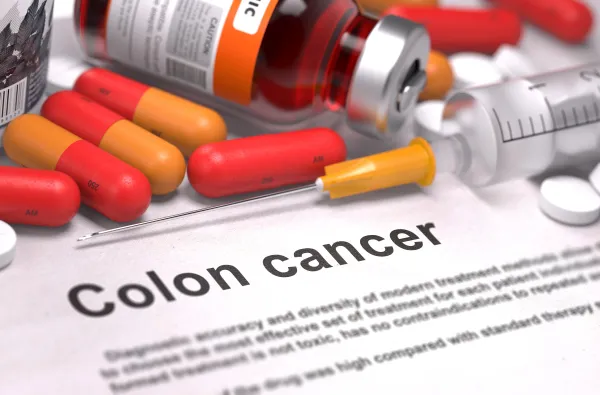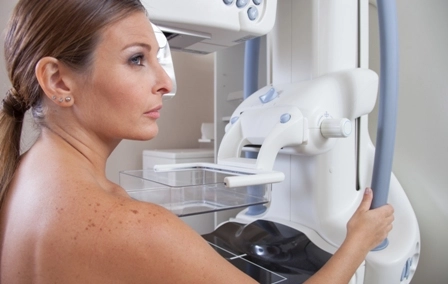Learn 81528 Coverage Requirements

Question: Our lab performs the Cologuard test for colon cancer screening, but we’re getting denials. Could you please outline the criteria for screening Cologuard test coverage?
Texas Subscriber
Answer: The test you’re asking about is 81528 (Oncology [colorectal] screening, quantitative real-time target and signal amplification of 10 DNA markers [KRAS mutations, promoter methylation of NDRG4 and BMP3] and fecal hemoglobin, utilizing stool, algorithm reported as a positive or negative result).
Medicare has developed a policy to pay for this test as a screening tool in certain circumstances. The patient must meet these criteria for coverage:
To get paid for the test as a screening, the clinician must order the test with an accepted diagnosis code indicating the high-risk status of the patient. Most Medicare payers require at least one of the following ICD-10 codes to indicate the use of the 81528 test for screening:




